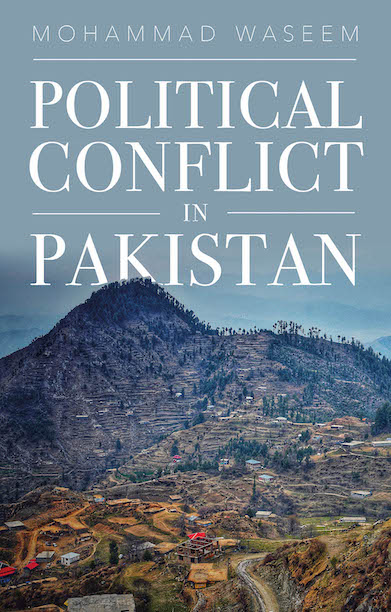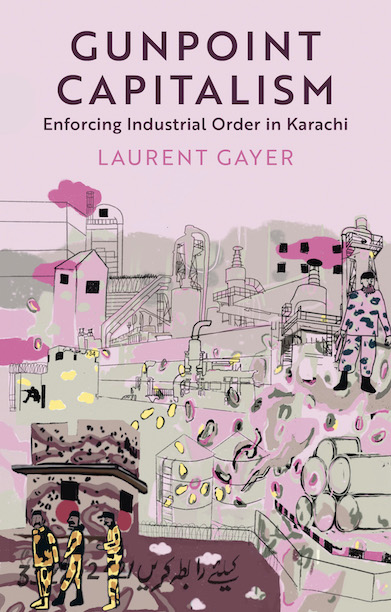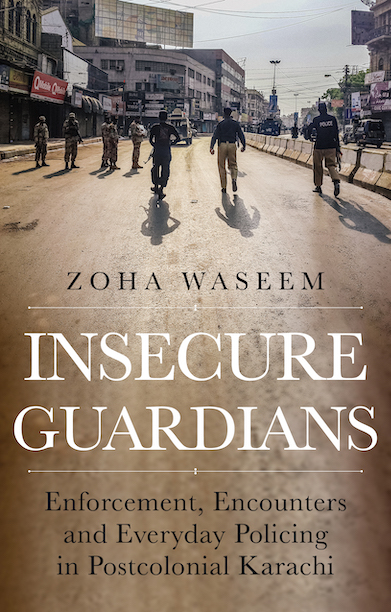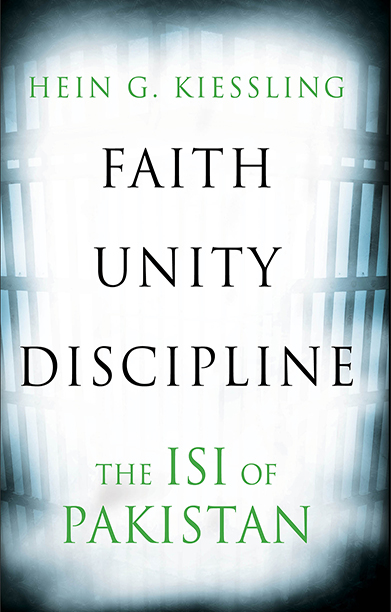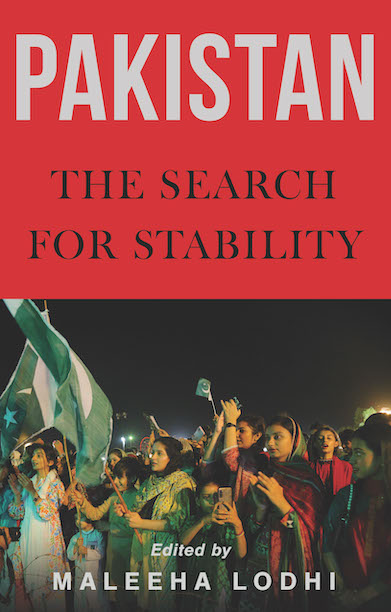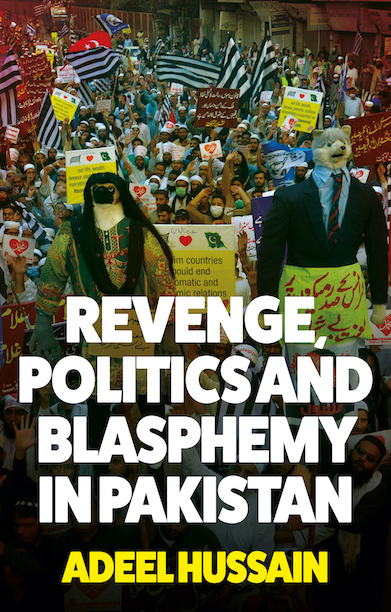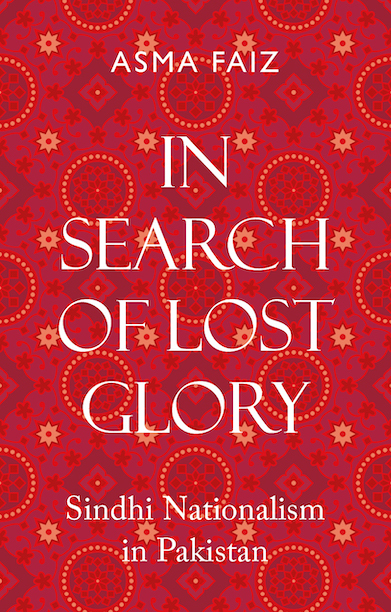Political Conflict in Pakistan
Part of the Comparative Politics and International Studies Series Christophe Jaffrelot (ed.) seriesA deeply considered reappraisal of Pakistani politics as a permanent state of struggle and contention between actors, mindsets and interests.
Description
This book is a major reinterpretation of politics in Pakistan. Its focus is conflict among groups, communities, classes, ideologies and institutions, which has shaped the country’s political dynamics. Mohammad Waseem critically examines the theory surrounding the millennium-long conflict between Hindus and Muslims as separate nations who practiced mingled faiths, and the Hindu, Muslim and Sikh renaissances that created a twentieth-century clash of communities and led to partition.
Political Conflict in Pakistan addresses multiple clashes: between the high culture as a mission to transform society, and the low culture of the land and the people; between those committed to the establishment’s institutional constitutional framework and those seeking to dismantle the ‘colonial’ state; between the corrupt and those seeking to hold them to account; between the political class and the middle class; and between civil and military power. The author exposes how the ruling elite centralised power through the militarisation and judicialisation of politics, rendering the federalist arrangement an empty shell and thus grossly alienating the provinces. He sets all this within the contexts of education and media as breeders of conflict, the difficulties of establishing an anti-terrorist regime, and the state’s pragmatic attempts at conflict resolution by seeking to keep the outsiders inside. This is a wide-ranging account of a country of contestations.
Reviews
‘[Waseem] exceptionally deciphers the nature and origin of the internal conflicts in Pakistan.’ — International Affairs
‘[A]n excellent volume on Pakistan’s crisis from a sociological perspective.’ — The Muslim World Book Review
‘This book will be a highly valuable source for people interested in the politics of Pakistan and in the potential of political conflict as a truly transformative variable.’ — Bloomsbury Pakistan
‘Waseem’s pathbreaking book successfully exposes the historical fault-lines that continually generate political tremors in Pakistan. Breathtaking in its scope and synthesis, it is essential reading for comprehending the colonial legacy in South Asia. An extraordinary achievement.’ — Mustapha Kamal Pasha, Chair in International Politics, Aberystwyth University
‘Mohammad Waseem is among the most insightful analysts of Pakistan politics. His book is outstanding, and the range of knowledge and sources is absolutely of the highest order. Essential reading.’ — Philip K. Oldenburg, Adjunct Associate Professor of Political Science at the South Asia Institute, Columbia University
‘A panoramic and deeply researched account of the roots of political conflict in Pakistan. In this clear-eyed and scrupulously honest discussion, Waseem unpacks Pakistan’s contested historical inheritance and its fractured cultural landscape to show how conflict has shaped and reshaped this troubled country. A unique achievement.’ — Farzana Shaikh, author of Making Sense of Pakistan
‘Waseem, an astute analyst of Pakistan’s history and politics, focuses on the conflict between the middle class and the “political class” to identify the sources of power in Pakistan, and the challenges in a polity that has effectively excluded much of its population since independence.’ — Katharine Adeney, Professor of Comparative Politics, University of Nottingham, and author of Federalism and Ethnic Conflict Regulation in India and Pakistan
Author(s)
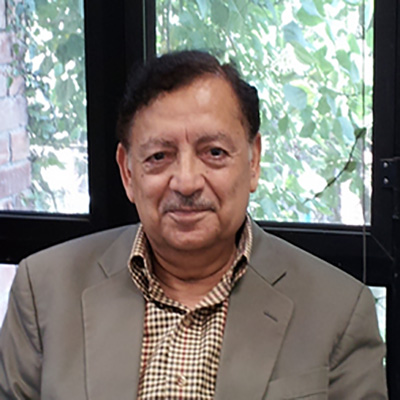
Mohammad Waseem is Professor Emeritus in the Department of Humanities and Social Sciences, Lahore University of Management Sciences. Formerly a Fulbright fellow at Columbia and the Brookings Institute, and Pakistan chair at St Antony’s College, Oxford, he specialises in Pakistan’s ethnic, constitutional, electoral, sectarian, military and militant politics. His books include Democratization in Pakistan.
